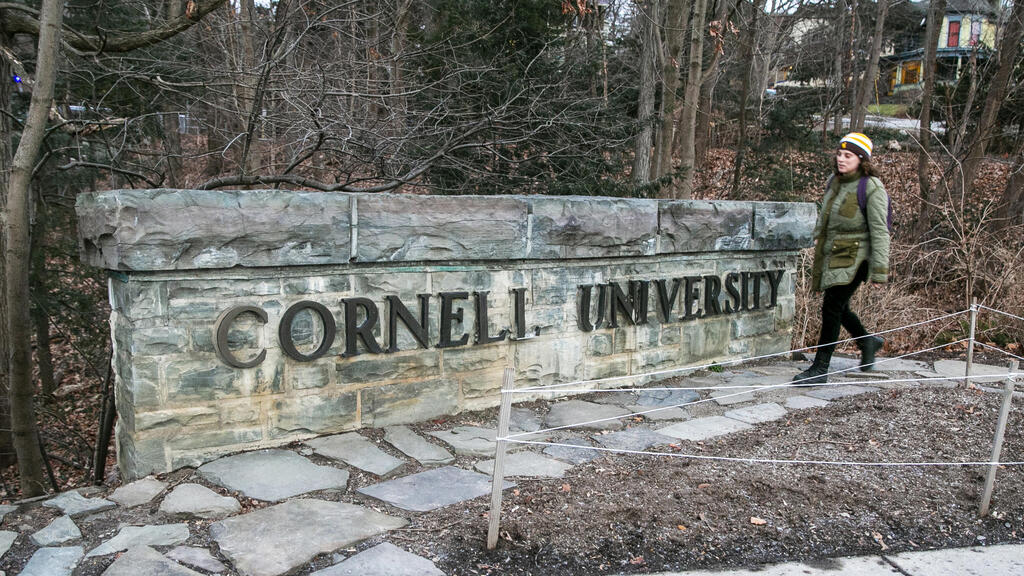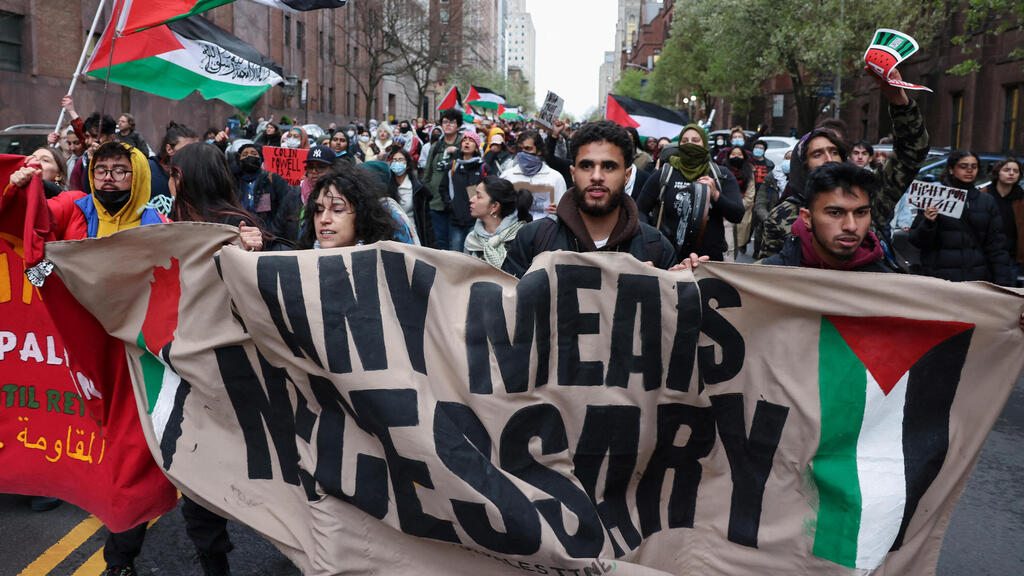Getting your Trinity Audio player ready...
New York University (NYU) recently decided to include the term "Zionist" as a category of a protected class under its Non-Discrimination and Anti-Harassment Policy (NDAH). The move, intended to shield individuals who identify as Zionists from discriminatory comments, aligns with the protections granted to categories such as race, religion and gender under the U.S. Constitution.
The decision has sparked a strong response, particularly from pro-Palestinian and anti-Zionist Jewish organizations, who argue that this could blur the line between Zionism as a political ideology and Judaism as a religion. These groups have expressed their concern that the new protection may stifle legitimate criticism of Zionism, equating it with discrimination against Jewish people.
In response to the decision, several organizations have threatened a mass strike on Monday, which coincides with Labor Day weekend, unless NYU reconsiders its stance. The potential strike has the capacity to disrupt campus activities, though the extent of participation remains uncertain. Whether the protests and potential strikes will lead to significant changes or subside after the holiday weekend remains to be seen. However, the implications of NYU's decision are likely to resonate across campuses nationwide.
NYU has defended its decision, emphasizing that the inclusion of "Zionist" in its NDAH policy is not a new policy but a clarification aimed at ensuring a non-discriminatory environment for all students.
"Using code words, like ‘Zionist,’ does not eliminate the possibility that your speech violates the NDAH Policy," the university stated earlier this week. NYU officials have reiterated that the guidance is intended to protect against discrimination while allowing for robust debate on contentious issues.
This development is part of a broader trend of unrest on U.S. campuses linked to the Israeli-Palestinian conflict, all unfolding as the new academic year begins. At Columbia University, tensions flared on Monday when a protest involving both pro-Israeli and pro-Palestinian students led to the arrest of at least one pro-Israeli activist, highlighting the increasingly charged atmosphere on campuses.
2 View gallery


Cornell's main administration building was vandalized with anti-Israel graffiti
(Photo: Andres Kudacki / AP)
Meanwhile, at the University of Michigan, the student government has taken a bold step by suspending the distribution of $1.3 million in funds allocated to student clubs. This action is part of a demand for the university to divest from Israel, with the student government stating "No Business As Usual" until ties with the Jewish state are severed.
Cornell University has also seen its share of unrest. The new academic year began with the defacement of the main administration building, where graffiti condemning Israel and Cornell's connections to it – "Israel bombs, Cornell pays" – was prominently displayed. Broken windows and scattered protests added to the tension, signaling the deepening polarization over the Israeli-Palestinian conflict on American campuses.
Face coverings prohibited on campus
In a recent move aligning with policies at institutions such as the University of California, the University of Virginia has introduced a new regulation prohibiting masks on campus. This policy, effective immediately, mandates that individuals wearing face coverings must present identification or a medical note verifying the necessity of the mask. The university states that the new rule aims to enhance transparency and security on campus, while continuing to support free expression and a safe learning environment. The policy will be reviewed in August 2027, with exceptions for medical and cultural needs.



